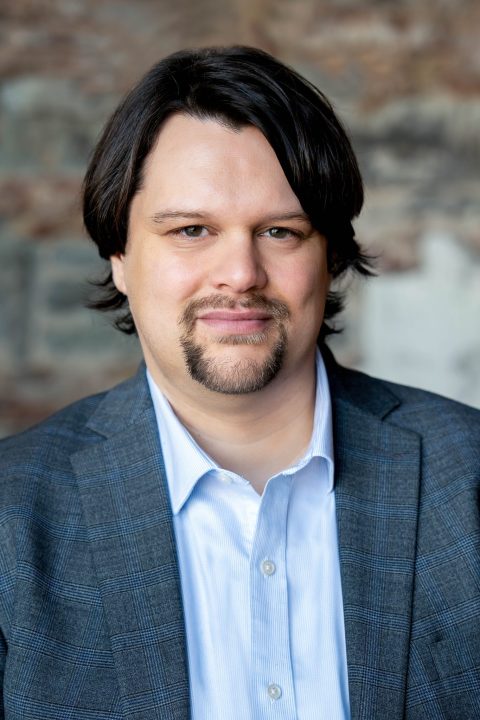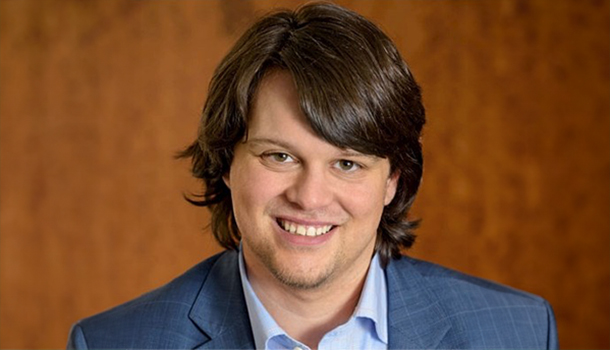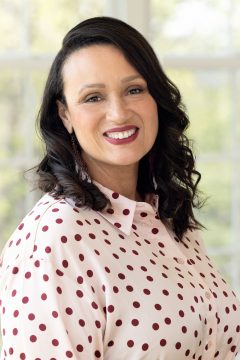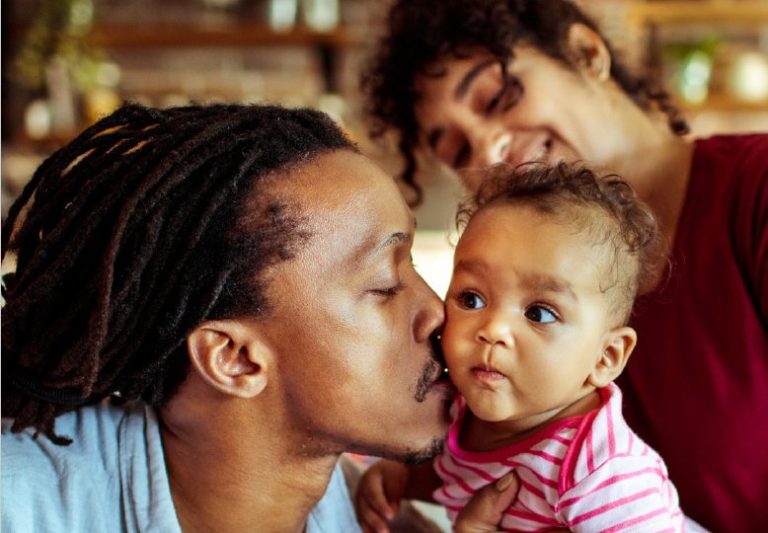Muneer Karcher-Ramos tiene Un poderoso Visión para la transformación cambio. Se unirá a McKnight en marzo de 2024 como director del programa Comunidades vibrantes y equitativas (“Comunidades”), y él y su equipo trabajan con socios en todo el estado para promover un futuro vibrante para todos los habitantes de Minnesota. Muneer ha pasado los últimos 15 años trabajando en el cambio comunitario y de sistemas, desde el lanzamiento de iniciativas reconocidas a nivel nacional hasta borrar la deuda médica, Aumentar los ingresos y crear activos, y construir comunidad poder En Saint Paul, para liderar colaboraciones intersectoriales que aborden las desigualdades sistémicas. unat el local, estatal y nacional nivels.
En este conversación, Muneer reflexiona sobre lo que trajo Le dijo a McKnight que el enfoque de su equipo era crear equitativo oportunidades económicas para todos los habitantes de Minnesota y su propia motivación para seguir con este trabajo. También comparte lo que le da esperanza mientras lidera esfuerzos para garantizar que el poder, la prosperidad y la participación no se dejen al azar, sino que sean accesibles para todos.

P: ¿Qué le llevó a la Fundación McKnight?
Muneer: Me atrajo el compromiso de la Fundación con el cambio de sistemas. Hace tiempo que creo que no podemos “programar” nuestra salida de los problemas sistémicos arraigados que enfrentamos. En McKnight, vi que hay una fuerte voluntad de aceptar la complejidad de los desafíos sistémicos y una comprensión de que un cambio significativo requiere accionar múltiples palancas, ya sean soluciones programáticas, soluciones de políticas, cambios de narrativa o la convocatoria de partes interesadas de distintos sectores. McKnight no rehúye a observar el sistema en su totalidad y examinar qué es necesario cambiar dentro de un sistema para obtener resultados diferentes.
También admiro el coraje de McKnight para entrar de lleno en su esfera de influencia. El compromiso de la Fundación de abordar los desafíos sistémicos, junto con socios comunitarios y líderes innovadores, es un papel que quería asumir. Al trabajar en proximidad con las poblaciones afectadas y líderes visionarios, veo un papel en la construcción de sistemas para obtener mejores resultados en las comunidades y para las personas en todo Minnesota.
P: ¿En qué se centra el programa Comunidades Vibrantes y Equitativas para generar un impacto en Minnesota?
Muneer: Estamos perfeccionando cuatro indicadores clave para determinar dónde podemos impulsar el cambio: propiedad de vivienda asequible, vivienda de alquiler accesible, patrimonio neto financiero del hogar y Salarios para sustentar a la familiaEstos reflejan lo que creemos que creará el impacto más significativo en todo Minnesota.
Para comprender cómo modificar estos indicadores es necesario realizar un profundo análisis de los sistemas. Por ejemplo, ¿qué políticas, prácticas y flujos de recursos influyen en ellos? ¿Qué modelos mentales y relaciones deben cambiar? Éstas son las preguntas que nos planteamos a medida que perfeccionamos nuestras estrategias en torno a la creación de riqueza comunitaria, la vivienda justa y la movilidad económica.
También estamos explorando estrategias transversales, como el fortalecimiento de la participación democrática y la mejora del acceso al capital y al sistema financiero. Estas áreas se conectan directamente con la creación de una economía justa y equitativa para todos los habitantes de Minnesota, garantizando que las oportunidades no estén determinadas por la raza, la geografía o las circunstancias.
P: ¿Cómo aborda usted su trabajo?
Muneer: Una de mis prioridades desde que llegué a principios de este año es construir relaciones sólidas e intencionales, tanto dentro de McKnight como con nuestros socios beneficiarios y comunidades en todo Minnesota. En 2025, nuestro equipo aspira a profundizar este trabajo a través de compromisos y reuniones, asegurándonos de permanecer cerca de las personas y los lugares con los que queremos asociarnos y apoyar financieramente.
También quiero que el programa Comunidades adopte una mentalidad de jugar a lo grande. En McKnight, no eludimos los problemas difíciles. Ya sea la brecha racial de riqueza o la reinvención de los sistemas económicos, asumimos los desafíos más grandes y audaces junto con nuestros socios para impulsar el cambio.
“El acceso a los beneficios sociales y económicos no debería depender de la casualidad ni de las circunstancias. Estoy comprometido a crear sistemas que funcionen para todos”.– MUNEER KARCHER-RAMOS, DIRECTORA DE COMUNIDADES VIBRANTES Y EQUITATIVAS
P: ¿Por qué este trabajo es tan personal para usted?
Muneer: Crecí dividiendo mi tiempo entre California y Minnesota en una familia de clase trabajadora. Si bien no enfrentamos dificultades extremas, hubo momentos en que no siempre tuvimos acceso a las mismas oportunidades económicas.
Recuerdo que una vez mi padre compartió una metáfora que todavía recuerdo hoy: “se te van a presentar baches y depende de ti saltar dentro y fuera de ellos”. Lo que varía es la profundidad de esos baches, y eso a menudo lo determinan los sistemas, no el esfuerzo individual. Algunos miembros de mi familia, por ejemplo, trabajan tan duro como yo, pero las oportunidades que se nos presentan no siempre han sido las mismas.
El acceso a los beneficios sociales y económicos no debería depender de la casualidad ni de las circunstancias. Por eso me comprometo a crear sistemas que funcionen para todos.
P: ¿Qué le da esperanza para el futuro?
Muneer: A medida que nos acercamos al año 2025, veo tanto certeza como incertidumbre por delante: días que pueden ser tanto oscuros como luminosos. Lo que me da esperanza es comprender que estamos juntos en esto. Ya sea que se trate de enfrentar desafíos o construir el futuro que queremos, conversemos, permanezcamos juntos y construyamos juntos el futuro que queremos. Puede que no sepamos exactamente a qué nos vamos a enfrentar, pero estamos mejor juntos que solos.
A menudo pienso en la idea de que “para conocer el camino que tenemos por delante, debemos preguntarles a quienes regresan”. Es un recordatorio de que debemos mantenernos arraigados en la comunidad, escuchar y cocrear soluciones con otros. Al estar presentes en el aquí y ahora, creo que, como nos recordó Martin Luther King, Jr., podemos doblar el arco del tiempo hacia la justicia y construir un futuro justo que funcione para todos los habitantes de Minnesota.



